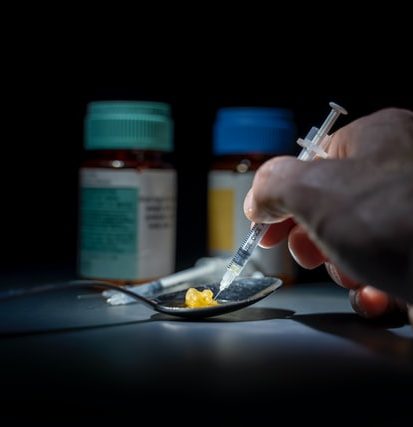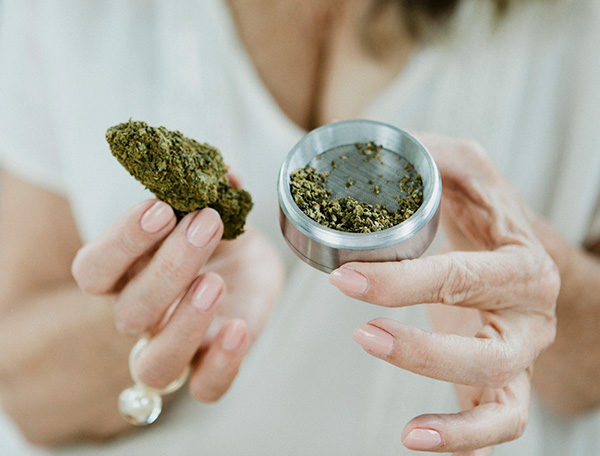
Researchers at New York’s Columbia University evaluated the effectiveness of placebos versus cannabinoids in subjects with opioid dependencies receiving in-patient detoxification and outpatient treatment with naltrexone, an opiate receptor antagonist. Those who received oral THC (dronabinol) experienced lowered severity of withdrawal symptoms than those who had the placebo; however, these effects did not last long-term throughout the treatment. Subjects who consumed herbal cannabis and underwent outpatient care experienced better sleep, less anxiety, and were more likely to complete their treatment plans in comparison to those who did not.
“One of the interesting study findings was the observed beneficial effect of marijuana smoking on treatment retention,” researchers noted. “Participants who smoked marijuana had less difficulty with sleep and anxiety and were more likely to remain in treatment as compared to those who were not using marijuana, regardless of whether they were taking dronabinol or placebo.”
Previous research conducted in 2001 and 2009 supports these same results, finding frequent cannabis users were much more likely to comply with their treatment plans and complete the outpatient program.
The United States has seen opioid-related overdose deaths skyrocket within the last decade. According to the US Centers for Disease Control, opioid-induced fatalities have quadrupled from roughly 4100 in 1999 to over 16600 deaths reported in 2010.
States that have legalized the use of medicinal marijuana have reported significantly lowered rates of opioid-abuse and death compared to the states who enforce the strict prohibition of the plant. Surveys show that qualifying patients who have access to medicinal cannabis often substitute the plant in place of opioids, stating that it has fewer harmful side effects. Clinical reports and case studies have also found success in managing patients’ pain levels when weaning them from opiates with the supplemental use of cannabis.




